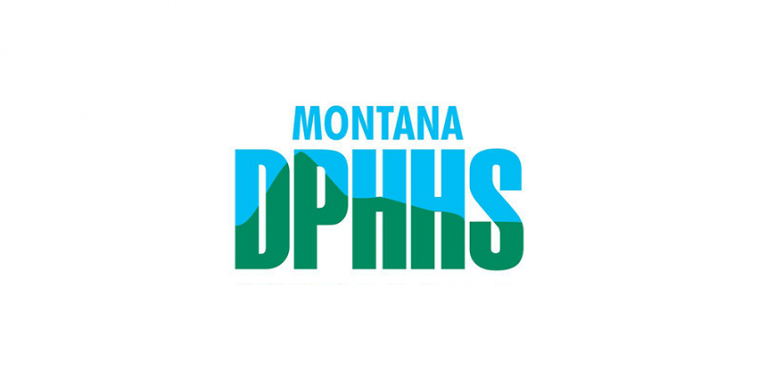Missoula, MT – The Montana Department of Public Health and Human Services (DPHHS) has secured a federal grant of $424,388 from the U.S. Department of Agriculture to combat fraud in public assistance programs. The funding will help the department implement a new system that leverages technology to identify potentially fraudulent online applications for benefits such as the Supplemental Nutrition Assistance Program (SNAP), Medicaid, Temporary Assistance for Needy Families (TANF), and Low-Income Home Energy Assistance Program (LIHEAP).
Heather Smith, Program Compliance Bureau Chief at DPHHS, stated that fraud in online applications has been a growing concern nationwide. “All states across the U.S. are reporting an uptick of online fraud, and this is going to give Montana the opportunity to review Montana’s standing with that,” Smith explained.
While the primary focus of the grant is on SNAP, Montana’s unified assistance application covers several programs, meaning the new system will have broader implications across multiple areas of public support. According to DPHHS, examples of fraud could include applicants failing to report all household members, not disclosing income increases, or continuing to receive benefits after moving out of state.
The new system will flag applications that show potential signs of fraud, such as submissions from out-of-state addresses or multiple applications originating from the same computer or phone number. “Digital transactions are becoming more common, and this technology will help us better track and assess applications as they come in,” said Smith.
Smith emphasized that the new system will not directly impact applicants. Instead, it will provide DPHHS with enhanced tools to identify high-risk cases, allowing the department to investigate further before taking any action. While the technology aims to reduce fraud, Smith acknowledged the possibility of false positives, such as multiple people using the same device at a library or applying from a relative’s computer.
DPHHS plans to spend the next several months developing and testing the new system, with the goal of implementing it by summer 2025. Smith reassured that applicants would not experience any changes to the process, as the system would be used solely by DPHHS to better manage incoming data.
Addressing the issue of fraud, Smith stated that any detected fraud is concerning, although the department has not provided an estimate of the prevalence of fraudulent activity in the state. “For us, any amount is a high amount,” Smith remarked.
As part of its efforts to ensure accountability, DPHHS highlighted its commitment to being good stewards of taxpayer money. During the 2024 fiscal year, the department received 1,528 referrals for potential fraud, primarily related to SNAP eligibility. As a result, 241 individuals were disqualified from the program for violations. These numbers represent a slight decrease from the 2023 fiscal year, which saw 1,625 referrals and 280 disqualifications, and the 2022 fiscal year, with 2,035 referrals and 320 disqualifications.
With the new technology in place, DPHHS hopes to strengthen its ability to detect and prevent fraud, ensuring that public assistance programs continue to support those who need them most.



